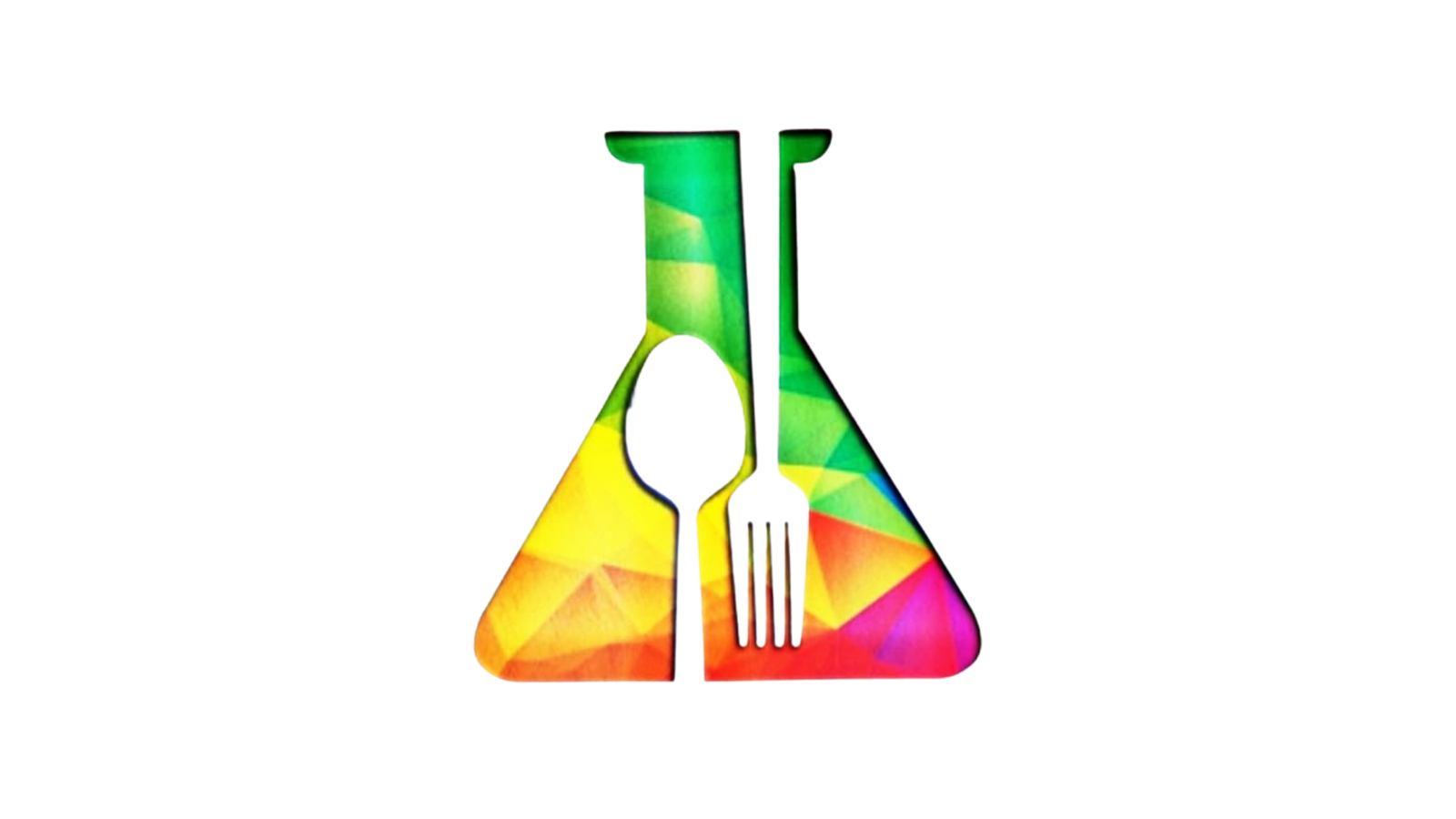By collaborating with World Central Kitchen (WCK), Nestlé will help feed hungry people in communities that have been stricken by extreme weather events related to the climate crisis. Nestlé will support WCK in an initial one-year agreement and with a CHF one million donation to its Climate Disaster Fund.
“We chose to partner with World Central Kitchen due to its close alignment with our business and our donations activities related to hunger relief and food access”, said Nina Kruchten, Head of Corporate Donations at Nestlé. “Through its frontline work across the globe, WCK helps ease increasing food insecurity issues related to climate change. And in keeping with Nestlé’s purpose, WCK does it through the power of food.”
The non-profit has three areas of focus:
- Providing meals to hungry people impacted by climate disasters. WCK brings food, water and other resources to affected areas.
- Building resilience in frontline communities. WCK supports communities to feed themselves and helps farmers adapt to a rapidly changing climate. It invests in local food producers and teaches foodservice professionals and culinary students the WCK model. That way they are ready to respond in their own communities when needed.
- Changing the systems that leave people hungry and thirsty. WCK works with local and state governments to take successful models and scale them up.
These efforts mirror much of the work Nestlé has undertaken as part of its Net Zero Roadmap. The company is not only addressing its own operations and product portfolio to reduce its carbon footprint. It is also supporting farmers and suppliers to implement regenerative agriculture practices and is scaling up its reforestation program, given that nearly two-thirds of its emissions come from agriculture. Nestlé aims to halve its emissions by 2030 and achieve net zero by 2050.
Some examples of WCK’s work include the relief team that responded in the aftermath of Tropical Cyclone Batsirai which hit the east coast of Madagascar in February of this year. The team worked quickly to set up a WCK Field Kitchen, which used fresh ingredients from a local market for meals and employed local people to cook. Another example is the WCK team that formed a network of local restaurant partners to cook for people in need following extreme rainfall and flooding in Bahia, Brazil at the end of last year. And yet another is the nineteen food-related businesses across the US Virgin Islands and The Bahamas that recently received WCK grants, one of which was Sejah Farm of the Virgin Islands which plans to create an agricultural learning center.
On top of helping people impacted by natural disasters, WCK also responds to prolonged humanitarian crises such as the one in Ukraine. Nestlé has also supported this effort, and the WCK team has already provided over 27 million meals across eight countries to those affected by the war in Ukraine.






















Comments